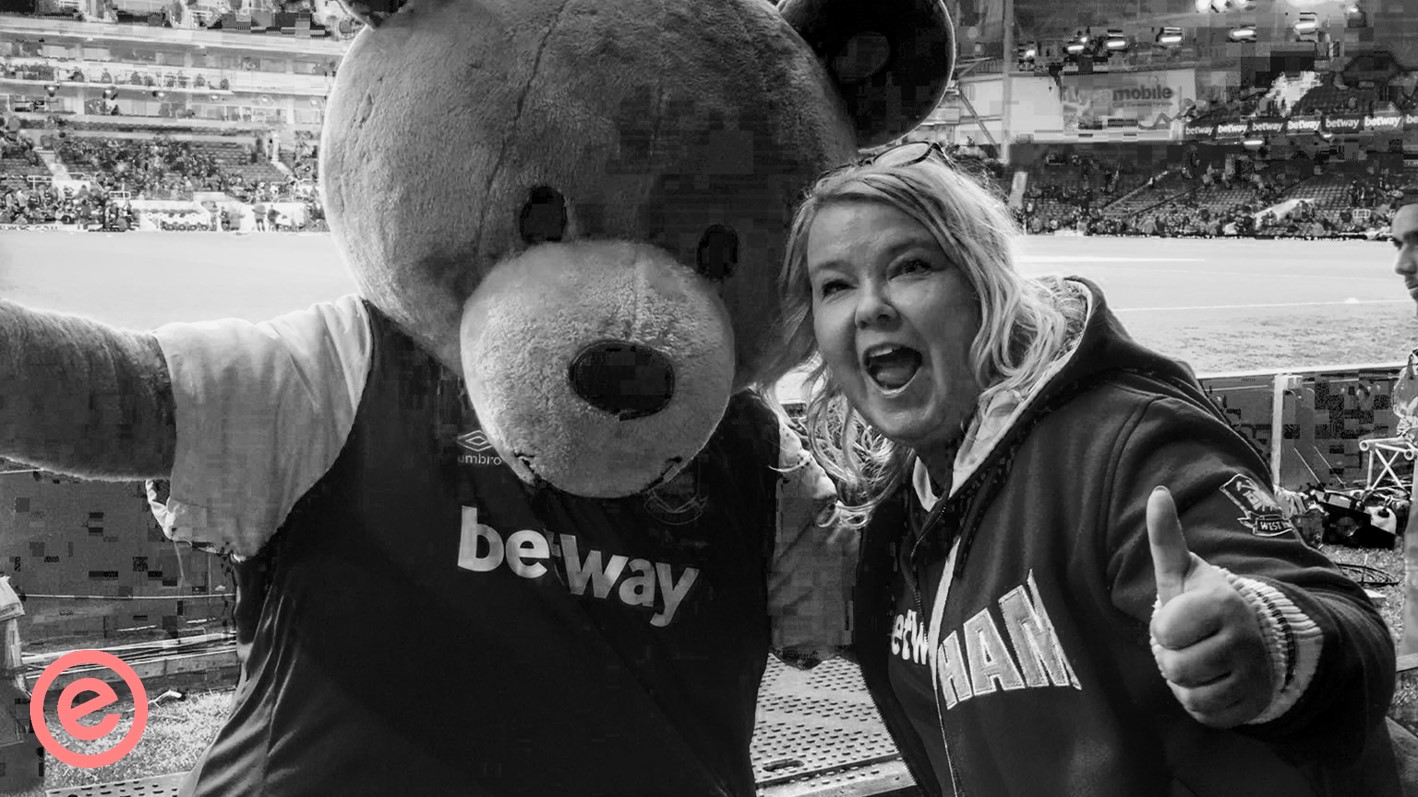by Dorita Dahl-Foreman
The twelve European top football clubs who schemed the breakout European Super League, didn’t quite understand that they were only the money men and the custodians. – The true owners of the brands at the end of the day were the people, the supporters.
What is the difference between Coca Cola and English football? Surprisingly, last week shows us not a lot. In 1985, Coca Cola decided to alter the recipe of their iconic drink, resulting in a huge outcry from passionate consumers eventually forcing Coca Cola to back track and make a public apology admitting that “they got it wrong”.
The message from consumers was loud and clear, you might be a big brand, but don’t mess with our favourite product.
The owners actually don’t own the brand
Maybe if the six Premier League clubs that were planning to join the European Super League last week would have familiarised themselves with the Coca Cola example, they could have avoided a marketing disaster, damaging both their brand and their owners’ reputation.
Because as an owner of an English football club, you need to understand a multitude of things, with the most important one that you are not an owner of a football club, you are the custodian.
Football in England is a legacy
Football in England is like a religion. Fans plan their life around it. Weddings, christenings, holidays and even funerals are planned around match days. Generations of the same family sit together at matches, and in some cases a season ticket holder is sitting in the same seat as his father did, and before him, his grandfather.
Football is about winning and losing, promotion and relegation. It’s about local rivalry and teasing your workmates on a Monday morning. It’s about coming together, during good times as well as bad times.
Football in England is pyramid shaped
Football is about grassroots and working class. It’s about supporting teams in lower leagues and children’s grassroots clubs, ensuring they produce future English stars.
Football is also about history. Many English football clubs are over 100 years old.
They were formed by working class people, just like Thames Ironworks, an East London shipbuilding company who started a football team for their staff in 1895 to give workers something to look forward to on a Saturday afternoon and to prevent them from drinking their wages over the weekend.
The football club is today called West Ham United and still proudly displays two crossed hammers on their crest with passionate fans shouting “Irons, irons!” to cheer on their team.
From Hero to Zero
When Manchester City, Manchester United, Arsenal, Liverpool, Chelsea and Tottenham Hotspur, the so called “top Premier League clubs” announced they were going to join the European Super League, a closed shop for only the richest clubs, it showed an absolute lack of empathy towards the consumer (fans). No fans were consulted, there were no consumer forums or groups and not even the players or managers were aware of the owners’ plans, making this offence even worse.
To announce a plan with away matches involving foreign travel when we are in the midst of a pandemic which has seen millions in the UK lose their jobs and livelihood – not forgetting nearly 130,000 people losing their lives – shows even more disrespect and lack of empathy.
It’s a steep uphill march once the trust is gone
How is this going to end? – We don’t know, but it’s going to take a long time to fix. The owners of the six clubs have had to withdraw and apologise to the fans. But this is not enough, there are now calls for owners to sell up (with fans protesting against their own clubs) and for new ownership models to be brought in where fans would have a say.
The Premier League are also talking about banning the six clubs from any committee meetings, after all, can they be trusted with sensitive information?
In the words of Bill Shankly, the legendary Liverpool football manager:
“Some people think football is a matter of life and death. I don’t like that attitude, I can assure them it is much more serious than that.”
Dorita Dahl-Foreman is a marketing professional in the UK and a West Ham United season ticket holder since 1996.
